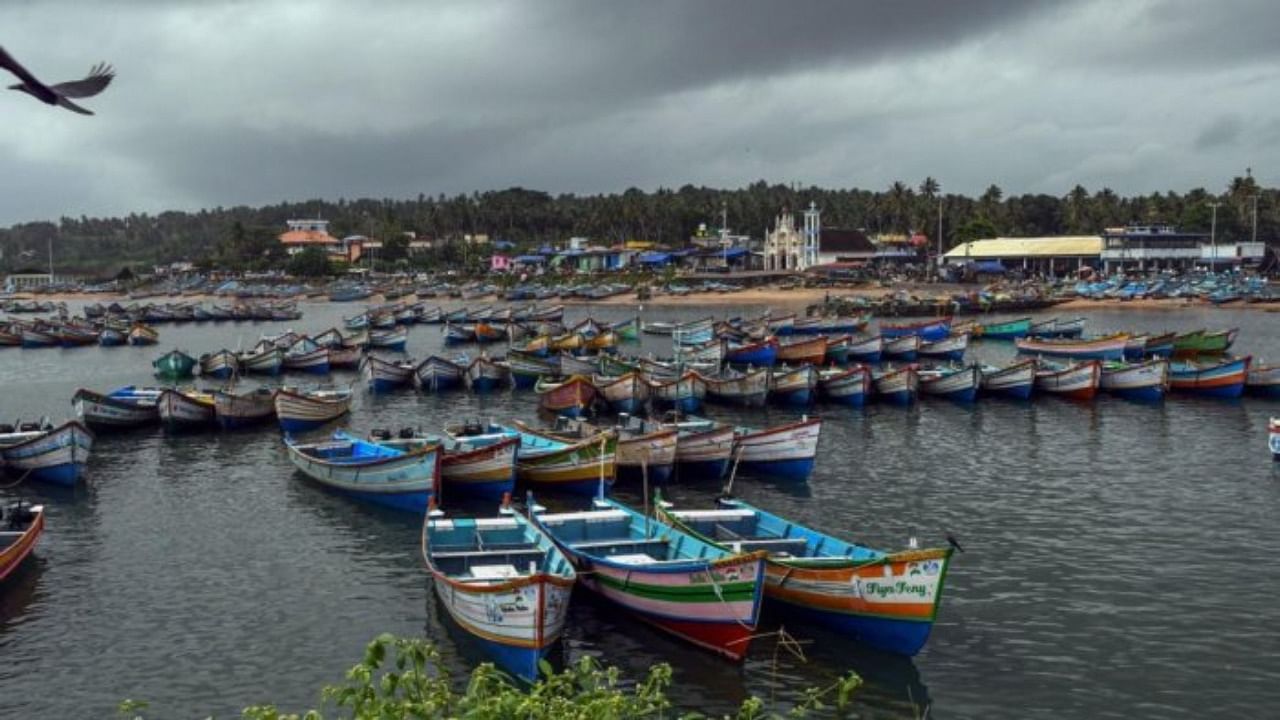
The Indian Maritime University (IMU) and the National Institute of Ocean Technology (NIOT) will soon undertake a preliminary reconnaissance survey to identify the Korkai port of the literature-rich Sangam Era. The survey, for which Rs 64 lakhs of the total Rs 1.50 crore will be borne by the Tamil Nadu State Department of Archaeology (TNSDA), is expected to begin this month.
The survey is the first step in the efforts towards conducting offshore explorations in the sea off the coast of Korkai to identify and assess the archaeological potentiality of the then port city. The government’s efforts come amidst the archaeological excavations in Tamil Nadu have created a buzz with carbon dating of artefacts from Keeladi and Sivakalai showing that they are at least 2,600 and 3,200 years old.
Apart from seven sites this year, the government is also undertaking two archaeological explorations to identify Neolithic sites in Vellore, Krishnagiri, Dharmapuri, Tiruvannamalai, and Salem districts and to identify potential archaeological sites on the banks of the Thamiraparani river in Tirunelveli and Thoothukudi.
“It is proposed to undertake a preliminary reconnaissance survey in collaboration with Indian Maritime University and the National Institute of Ocean Technology (NIOT) to identify the Korkai port of mid-Sangam Age Pandyas at a total cost of Rs.1.50 crore,” Thangam Thenarasu, Minister for Industries, Official Languages, and, Archaeology, said in the Assembly.
With new excavation sites being added every year, the government feels, Thenarasu said, the need for scientific dating to establish the chronological time frame to which the unearthed artefacts belong.
“Archaeological investigations have no meaning unless the chronological sequences of the events are reconstructed faithfully. The antiquities unearthed from the present ongoing systematic archaeological excavations are to be scientifically analysed with the help of reputed laboratories and institutions,” he said.
The Department is using technologies such as Ground Penetrating Radar [GPR] Survey, Magnetometer Survey, Unmanned Aerial Vehicle [UAV] Survey, etc., to identify the ideal locations for carrying out archaeological explorations and excavations.
On the scientific analyses part, TNSDA has collaborated with Birbal Sahni Institute of Palaeosciences, Lucknow and French Institute of Pondicherry for pollen analysis and phytolith studies to study the paleoclimate, a Centre to analyse DNA is being set up in collaboration with Madurai Kamaraj University (MKU).
To understand the human genome and metallurgical analysis is being carried out in association with the National Institute of Advanced Studies, Bengaluru to understand the iron, steel and high-tin bronze technology, the minister added.
“Having recognized the valuable contribution of specialized disciplines to a deeper analysis of archaeological findings, it has been decided to collaborate with experts from the fields such as Archaeo-botany, Metallurgy, Molecular Biology, Population Genetics, Environmental Archaeology and Linguistic Archaeology,” he said.